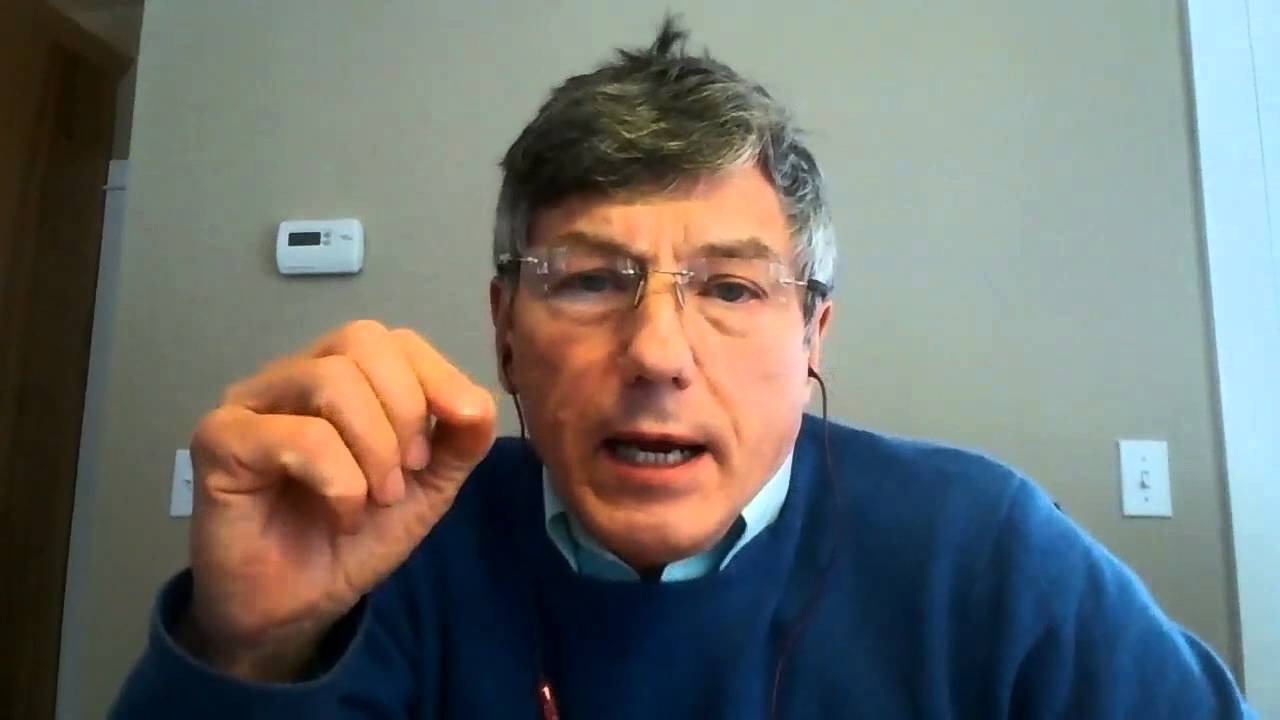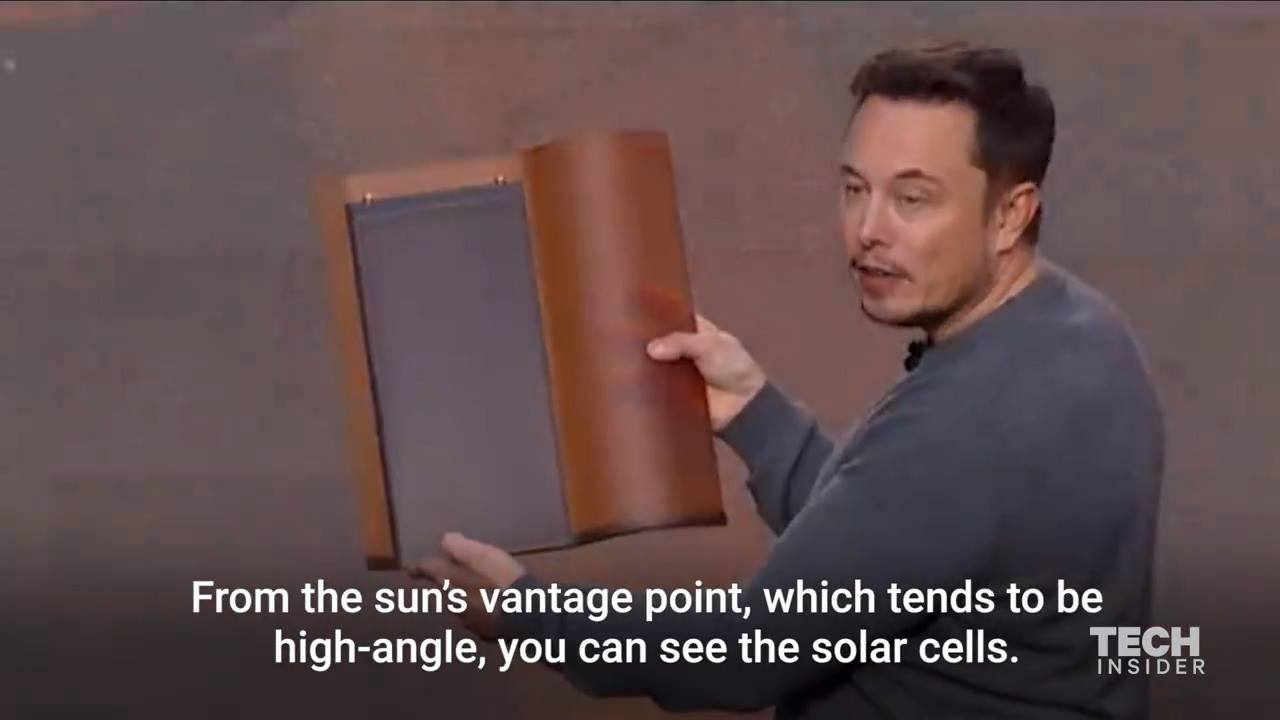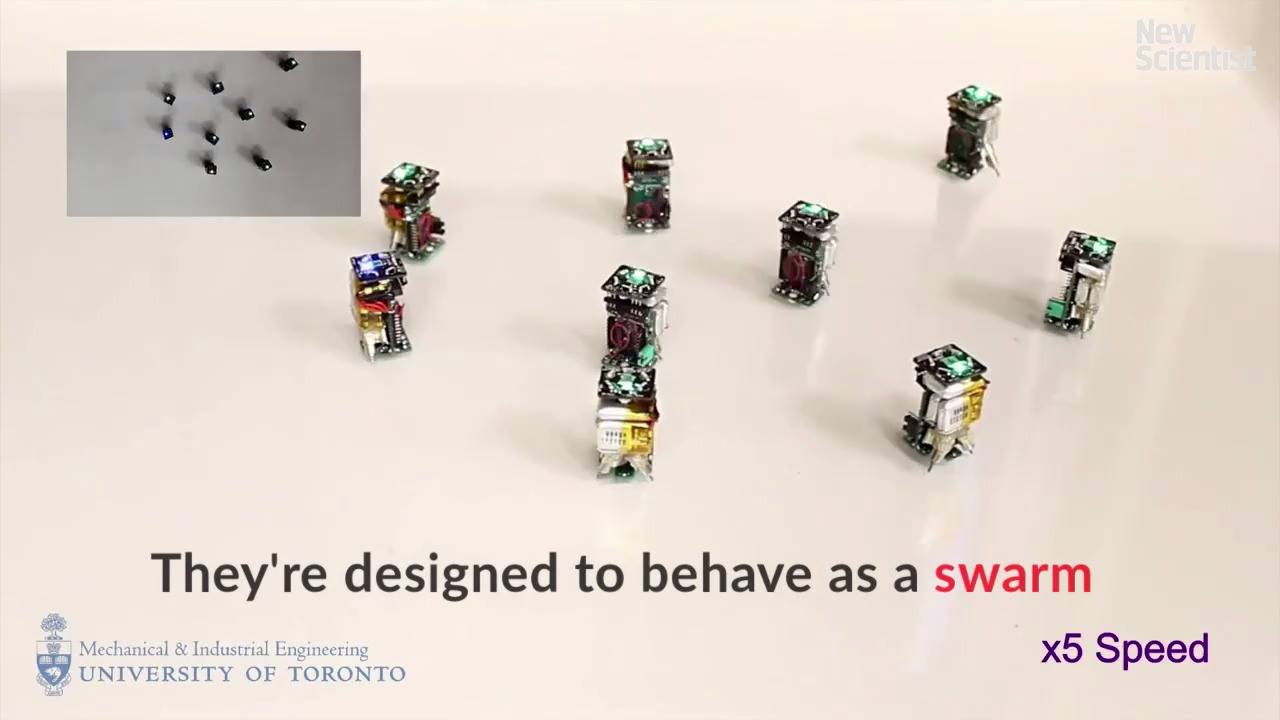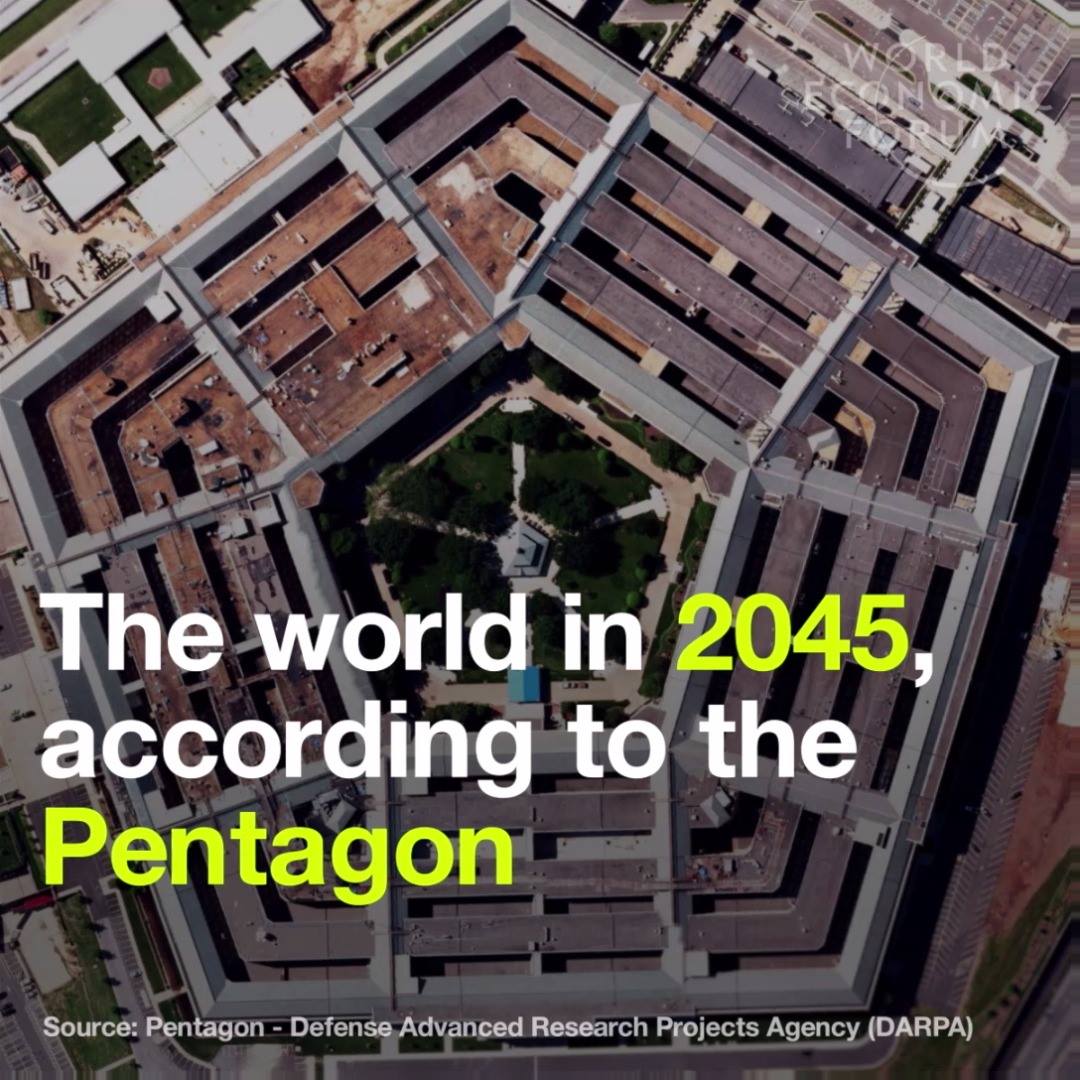Oct 31, 2016
A Revolution in Heart Surgery: Scientists Create Artificial Blood Vessels That Grow Normally
Posted by Shailesh Prasad in categories: 3D printing, biotech/medical
In Brief:
- New artificial blood vessels were able to grow with the recipient in recent animal testing
- Researchers saw a 56% increase in diameter made of patients’ own cells.
We have sufficiently advanced medicine to the point that artificial body parts are no longer science fiction. In fact, we may even start 3D printing organs, or have them grown in a lab. However, their artificial nature often means they won’t grow with a patient. For example, children need to undergo repeated surgeries until adulthood to replace implants they have outgrown.
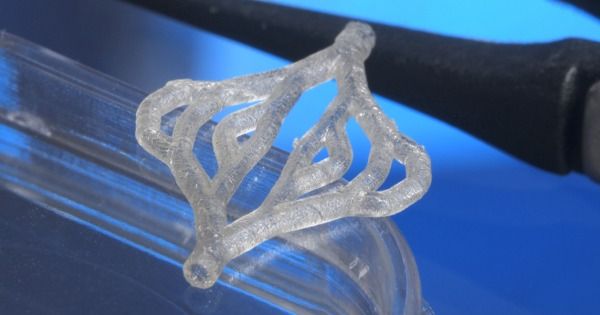
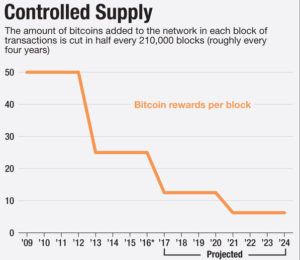 As an Op-Ed pundit, I value original content. But the article, below, on Bitcoin fungibility, and this one on the post-incentive era, are a well-deserved nod to inspired thinking by other writers on issues that loom over the cryptocurrency community.
As an Op-Ed pundit, I value original content. But the article, below, on Bitcoin fungibility, and this one on the post-incentive era, are a well-deserved nod to inspired thinking by other writers on issues that loom over the cryptocurrency community.
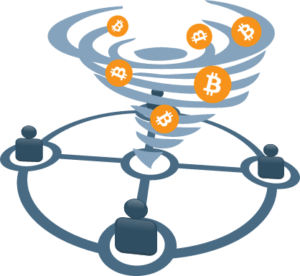 excellent, quick & brief overview.
excellent, quick & brief overview.

